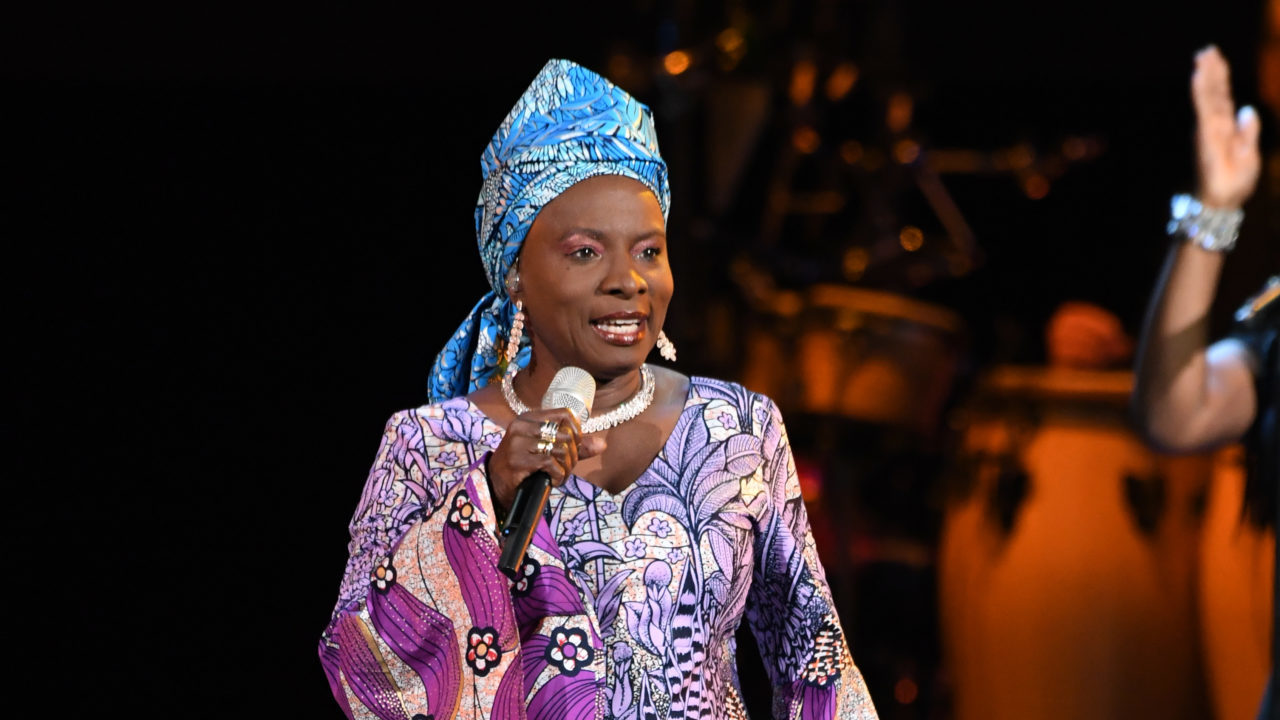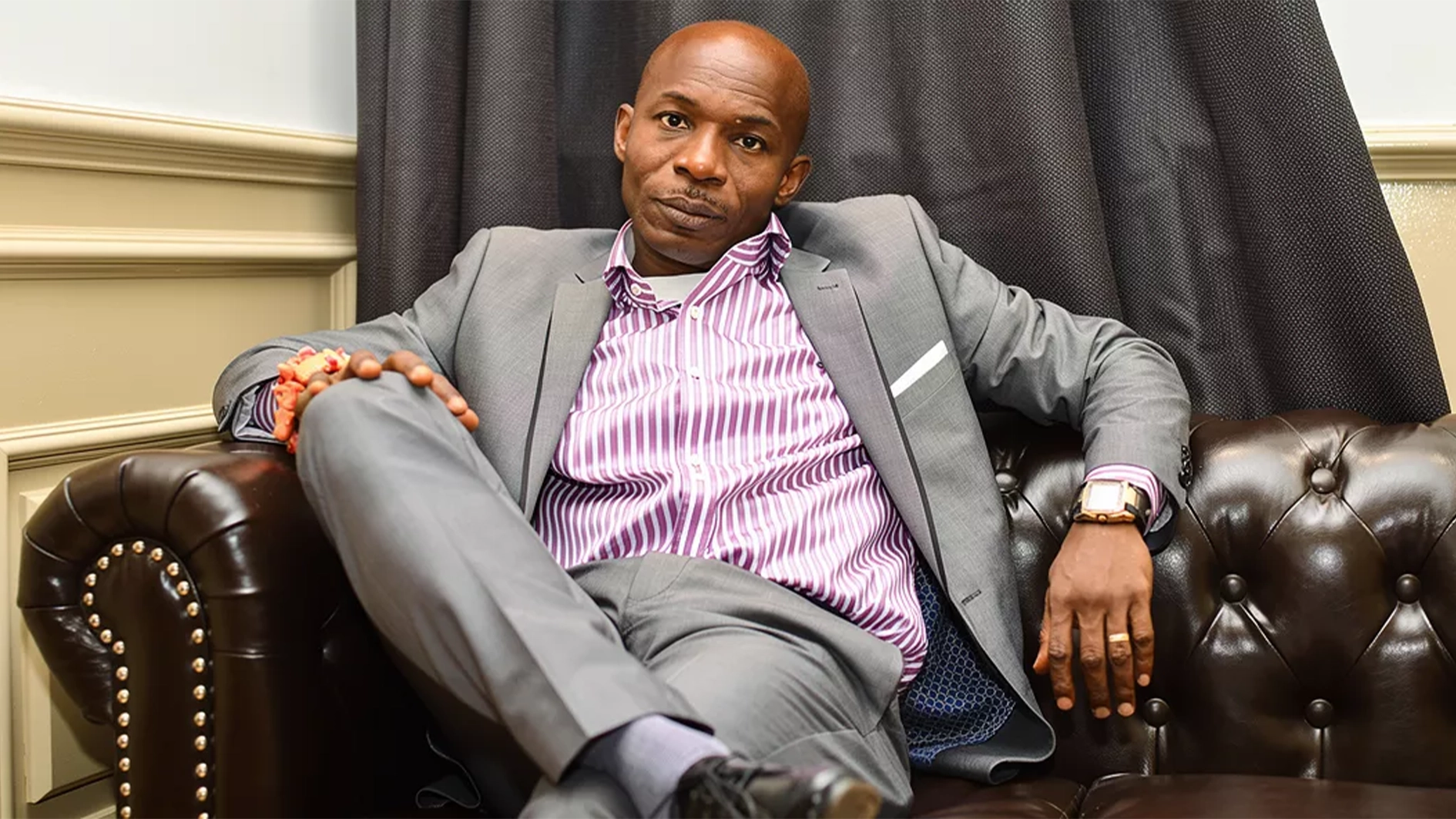
Beninese music icon and five-time Grammy award winner, Angélique Kidjo, is one of the greatest artistes in the music circuit today, and a creative force with 16 albums to her name.
Her influence on the African music scene is immeasurable, just as her exceptional artistry and astute showmanship have resulted in a career that stands alongside the greats of this century, yet, she isn’t stopping.
Known for the resonant power of her voice – both as a lyrical storyteller and as an advocate for women and girls in Africa, working with UNICEF and the Batonga Foundation, Kidjo has been a charismatic presence on the global stage for four decades.
Forty years on, album-after-album, the multiple Grammy award winner has transformed a dazzling kaleidoscope of influences, keeping in touch with modern sensibilities while reflecting her own long-held standards.
Born in Ouidah, Benin Republic, Kidjo made her musical debut in 1981 with the album, Pretty. Following a political coup in 1983, she moved to Paris, France, to pursue a career in music without fear of political persecution.
Kidjo’s first international album, Parakou, first released in 1989, was the beginning of a series of collaborations with producer and composer Jean Hébrail and featured Jasper van’t Hof. She rose to international fame in the 1990s with albums such as Logozo, Ayé, and Fifa.
She immigrated to the United States in 1997. In Brooklyn, New York, she began work on a trilogy of albums, exploring the African roots of the music of the Americas with Oremi, Black Ivory Soul and Oyaya.
“I had to take my student loan as a loan to come and record in Paris,” Kidjo told an interviewer.
The music great has continued to write, record, and tour extensively, winning five Grammy awards for her albums Djin Djin, Eve, Sings, Celia, and Mother Nature. Her approach to music and her activism are linked: Both come from a profound understanding of the human spirit, and a desire to use her voice to empower and inspire others.
“Music gave me the strength to talk about anything. My music is steeped in the story of resilience, love, and what you can accomplish with very little,” she added.
As a performer, Kidjo’s striking voice, stage presence and fluency in multiple cultures and languages have won respect from her peers and expanded her following across national borders. She has cross-pollinated the West African traditions of her childhood in Benin with elements of American R&B, funk and jazz, as well as influences from Europe and Latin America.
Her ideologies have always found a way into her art, and her showcases of powerful women, both African and black, have made her an immovable force in this century’s discourse of gender, especially in relation to contemporary music. According her next album will “celebrate the spirit of mother,” she says.






